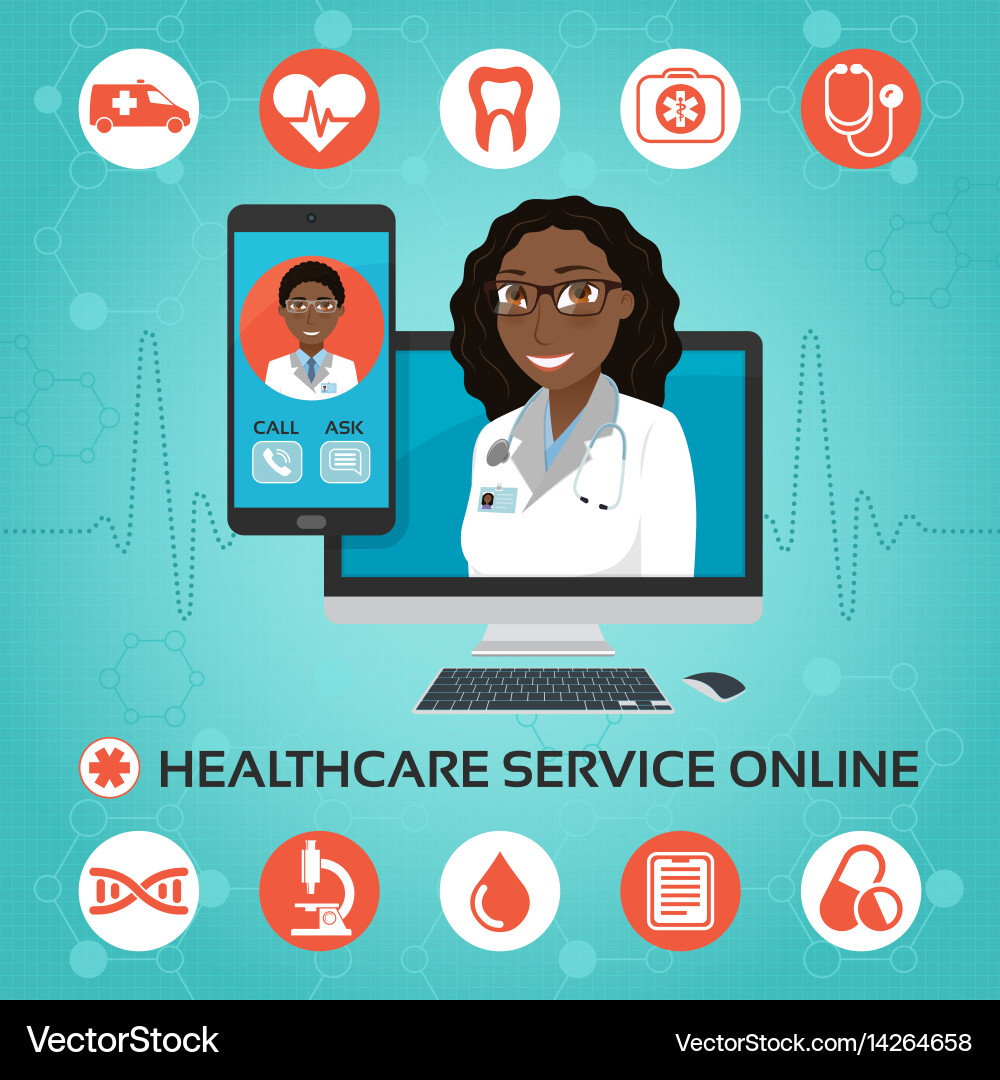The Increase of Subscription-Based Medical Care and Its Influence On Person Care
As health care progresses, the subscription-based version is getting traction, assuring to revolutionize individual care by providing predictability and ease of access. These models, which bypass conventional insurance policy, can redefine the patient-doctor dynamic, emphasizing individualized and preventive care. Yet, just like any kind of innovation, they provide challenges, specifically concerning equitable gain access to for all socioeconomic teams. The capacity for these versions to improve health care distribution increases pressing questions regarding their lasting sustainability and inclusivity. Are these membership solutions the future of healthcare, or do they run the risk of leaving prone populations behind? The complexities of this shift warrant a closer exam.
Recognizing Membership Medical Care Designs
Comprehending the idea of membership healthcare models involves checking out a transformative technique to clinical solutions that highlights price and access. These models, commonly described as straight health care (DPC) or attendant medication, have actually become innovative alternatives to standard fee-for-service medical care systems. Membership health care allows clients to pay a fixed month-to-month or annual fee for a specified set of clinical solutions, which may consist of limitless office gos to, regular exams, and basic lab tests, without the demand for conventional insurance invoicing.
The framework of registration medical care models is made to streamline individual care by getting rid of third-party payers and intricate billing codes, thereby lowering administrative problems. Doctor can concentrate extra on person treatment, cultivating more powerful patient-provider partnerships. This design likewise promotes preventative care by urging routine visits, as the monetary challenge of per-visit costs is eliminated.
The registration design usually encourages doctor to take care of smaller client panels, allowing for more tailored treatment. It aligns economic incentives with patient health and wellness results, as companies are inspired to preserve person satisfaction and health. Generally, recognizing registration healthcare versions requires acknowledging their possible to improve exactly how treatment is delivered and accessed.
Advantages for Companies and individuals

With a constant earnings stream, health care professionals can dedicate more time to each individual, leading to an extra complete and individualized care experience. The emphasis on preventative care within registration plans can lead to far better individual outcomes and lowered long-term healthcare expenses.
Issues and challenges
While subscription-based medical care models present numerous benefits, they likewise feature a set of difficulties and concerns that must be resolved. Availability continues to be a significant problem, as these models usually target people who can afford regular monthly charges, potentially leaving out low-income populations. This elevates moral questions regarding equitable accessibility to medical care services. Additionally, the varied nature of membership strategies can bring about confusion amongst clients relating to protection specifics, possibly leading to unmet assumptions or poor care.
Financial sustainability of subscription-based models is one more issue. redirected here Suppliers need to stabilize the fixed income from subscriptions with the variable costs of health care services, which may fluctuate due to unforeseen medical needs. This can create stress to limit services or rise costs, potentially influencing individual fulfillment and care high quality.
Additionally, regulatory oversight of subscription-based healthcare versions is still developing. The absence of standardized structures can lead to inconsistent service top quality and responsibility, making complex efforts to ensure individual security. Last but not least, the integration of technology-- usually a cornerstone of these models-- questions concerning data personal privacy and safety, as sensitive person info can be susceptible to violations. Resolving these difficulties is crucial for the successful and fair application of subscription-based health care.
Influence On Patient-Doctor Relationships
One significant impact of subscription-based health care designs on patient-doctor partnerships is the possibility for enhanced connection and customized treatment. By adopting a subscription design, doctors can handle a smaller sized person panel, permitting for more dedicated time with each individual. This boosted availability promotes a deeper understanding of a person's medical history, lifestyle, and preferences, enabling more tailored treatment strategies and treatments.

Nonetheless, it is necessary to acknowledge that while subscription-based models might benefit those who can manage them, they can accidentally expand health care disparities. Individuals that are incapable to participate in these versions may experience reduced access to personalized treatment, More Help potentially affecting their connections with medical care service providers. Hence, while the subscription design offers encouraging advantages for patient-doctor connections, it likewise presents difficulties that need to be resolved to make sure fair medical care gain access to.
Future of Health Care Accessibility

The duty of technology can not be neglected in this makeover. Telemedicine platforms and digital wellness documents promote seamless communication between individuals and medical care carriers, breaking down geographical and logistical barriers. Furthermore, improvements in man-made knowledge and data analytics can better customize medical treatment by predicting person requirements and enhancing therapy plans.
Nonetheless, the future of healthcare accessibility likewise offers obstacles, such as making certain equity throughout different socio-economic groups. Policymakers and doctor have to team up to connect the electronic divide, making sure that subscription-based models continue to be cost effective and inclusive. As these systems grow, they hold the pledge of making medical care much more accessible, effective, and patient-centric.
Verdict
Subscription-based healthcare models are improving client treatment by offering a secure expense framework and improving availability. The surge of subscription-based health care urges aggressive client involvement, which has the potential to enhance client results and complete satisfaction, signaling a transformative change in health care shipment.
As health care advances, the subscription-based design is acquiring traction, assuring to transform individual treatment by using predictability and availability.Subscription-based medical care article models supply unique advantages for both patients and providers, improving the general health care experience.As health care systems evolve, the future of medical care access regularly pivots on the assimilation of cutting-edge versions and innovations.Subscription-based medical care designs are improving client care by supplying a stable cost structure and improving ease of access. The increase of subscription-based healthcare urges proactive client engagement, which has the prospective to improve client outcomes and contentment, indicating a transformative shift in medical care shipment.